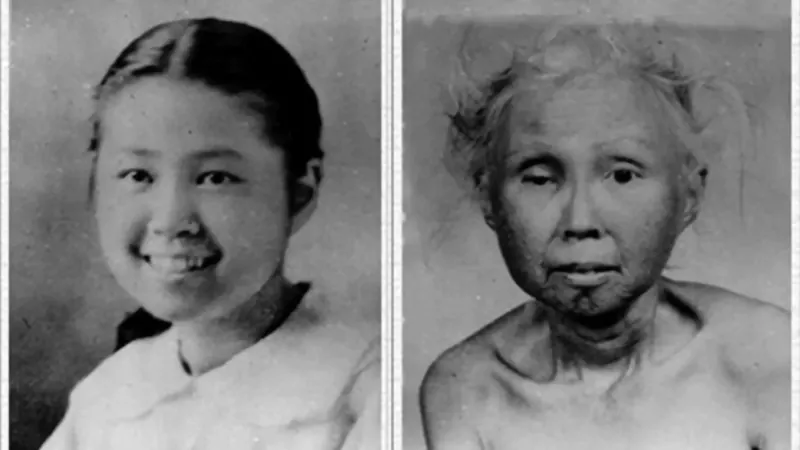
Revolutionary Study Reveals Common Supplement Could Turn Back the Clock on Aging
2025-06-09
Author: Daniel
Groundbreaking Research Uncovers the Secrets of NAD+ Depletion
Imagine a supplement that could reverse premature aging! A landmark study from the Bohr lab highlights decreased levels of nicotinamide adenine dinucleotide (NAD+), a crucial biomolecule for energy production, DNA repair, and metabolism, in patients with Werner syndrome (WS). This discovery may tie NAD+ depletion to the disease's progression. While direct NAD+ supplementation isn’t feasible for mammals, its precursor—nicotinamide riboside (NR)—from Niagen Bioscience has shown promise in extending lifespans and fighting age-related decline in animal studies.
Pioneering Clinical Trial at Chiba University
In an impressive turn of events, Chiba University’s Associate Professor Masaya Koshizaka led the first-ever human clinical trial of NR in WS patients. Published in "Aging Cell" on June 3, 2025, this study, co-authored by prominent researchers from Chiba University and the University of Copenhagen, has set a new standard in aging research.
Innovative Study Design and Findings
The research employed a randomized, double-blind, placebo-controlled design to test the effectiveness of NR. Over 26 weeks, WS patients alternated between daily NR doses and a placebo. Results were astounding: NR significantly boosted NAD+ blood levels and improved cardiovascular health by reducing arterial stiffness. Additionally, it led to smaller skin ulcers and seemed to slow kidney dysfunction without any serious side effects.
Potential to Revolutionize Treatment for Werner Syndrome
Dr. Yasmeen Nkrumah-Elie, Global Director of Niagen Bioscience's CERP program, heralded the study as a monumental advance in our understanding of NAD+ restoration. The insights gained from this research suggest that NR could drastically improve quality of life for WS patients, addressing crucial complications such as arteriosclerosis and burgeoning kidney problems.
The Broader Implications for Aging Research
As over 70% of WS patients suffer from untreatable skin ulcers, often leading to amputations, this research offers new hope. Dr. Koshizaka emphasized the potential of NR as a therapeutic option for major WS symptoms, which could pave the way for treating other premature aging conditions and age-related diseases.
A Call to Action for Future Research
While more extensive studies are needed to confirm these promising results, this groundbreaking research not only shines a light on WS treatments but also opens up conversations about broader aging biology. Dr. Koshizaka expressed hope that this work would spark further investigations into various aging disorders, ultimately enhancing health span and improving lives across populations.


 Brasil (PT)
Brasil (PT)
 Canada (EN)
Canada (EN)
 Chile (ES)
Chile (ES)
 Česko (CS)
Česko (CS)
 대한민국 (KO)
대한민국 (KO)
 España (ES)
España (ES)
 France (FR)
France (FR)
 Hong Kong (EN)
Hong Kong (EN)
 Italia (IT)
Italia (IT)
 日本 (JA)
日本 (JA)
 Magyarország (HU)
Magyarország (HU)
 Norge (NO)
Norge (NO)
 Polska (PL)
Polska (PL)
 Schweiz (DE)
Schweiz (DE)
 Singapore (EN)
Singapore (EN)
 Sverige (SV)
Sverige (SV)
 Suomi (FI)
Suomi (FI)
 Türkiye (TR)
Türkiye (TR)
 الإمارات العربية المتحدة (AR)
الإمارات العربية المتحدة (AR)